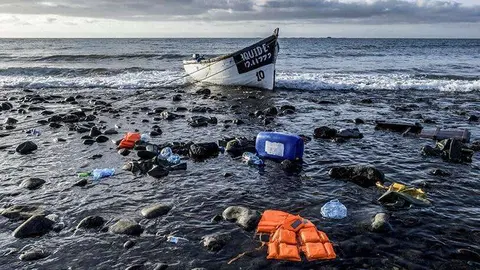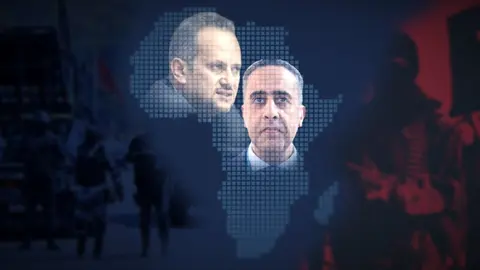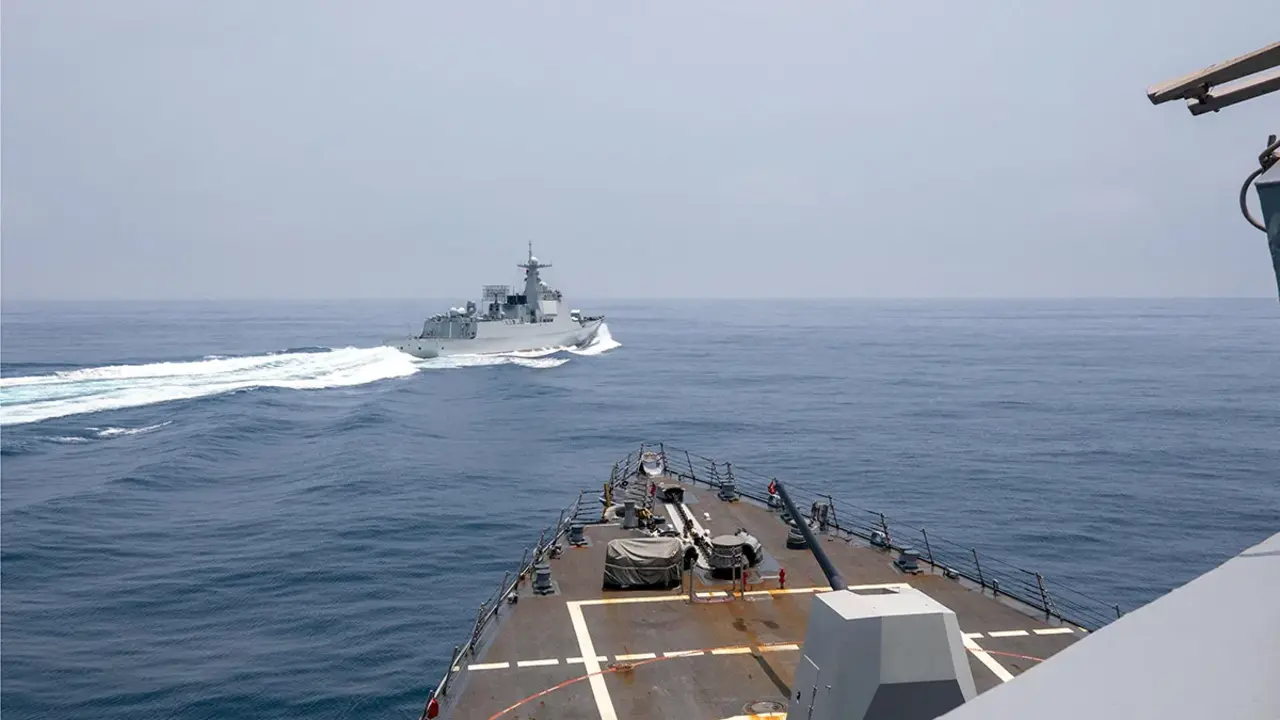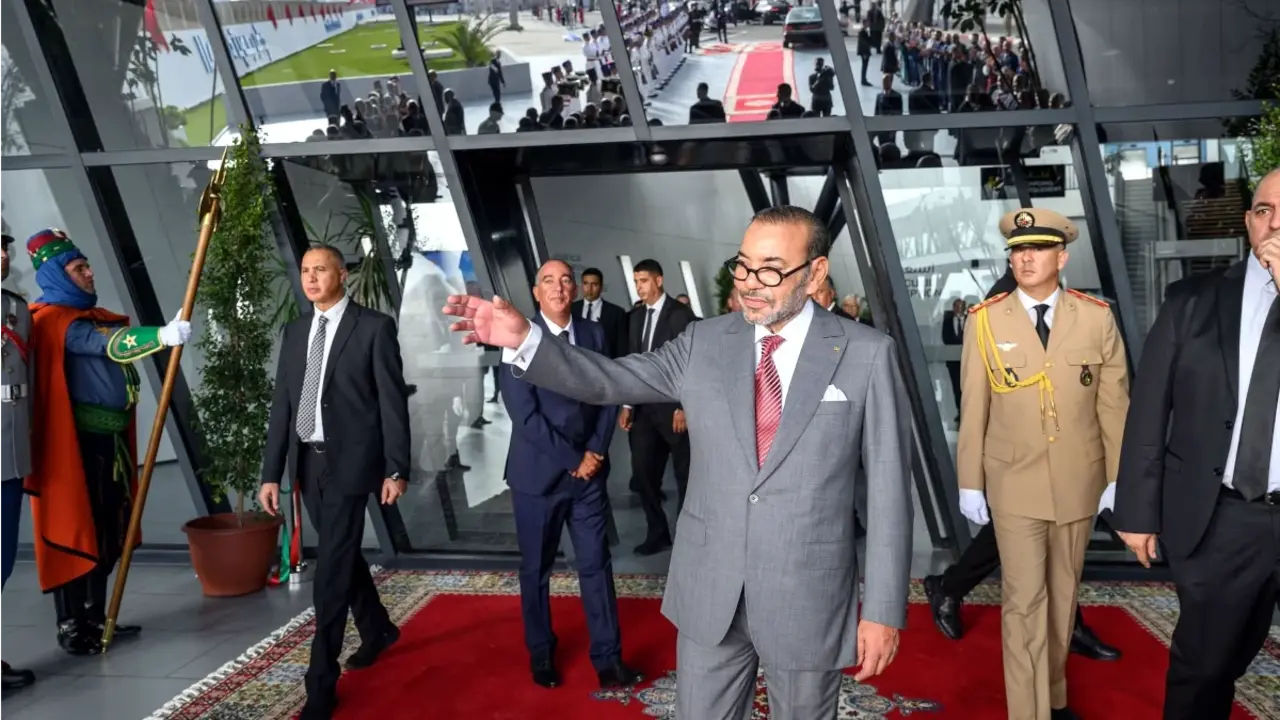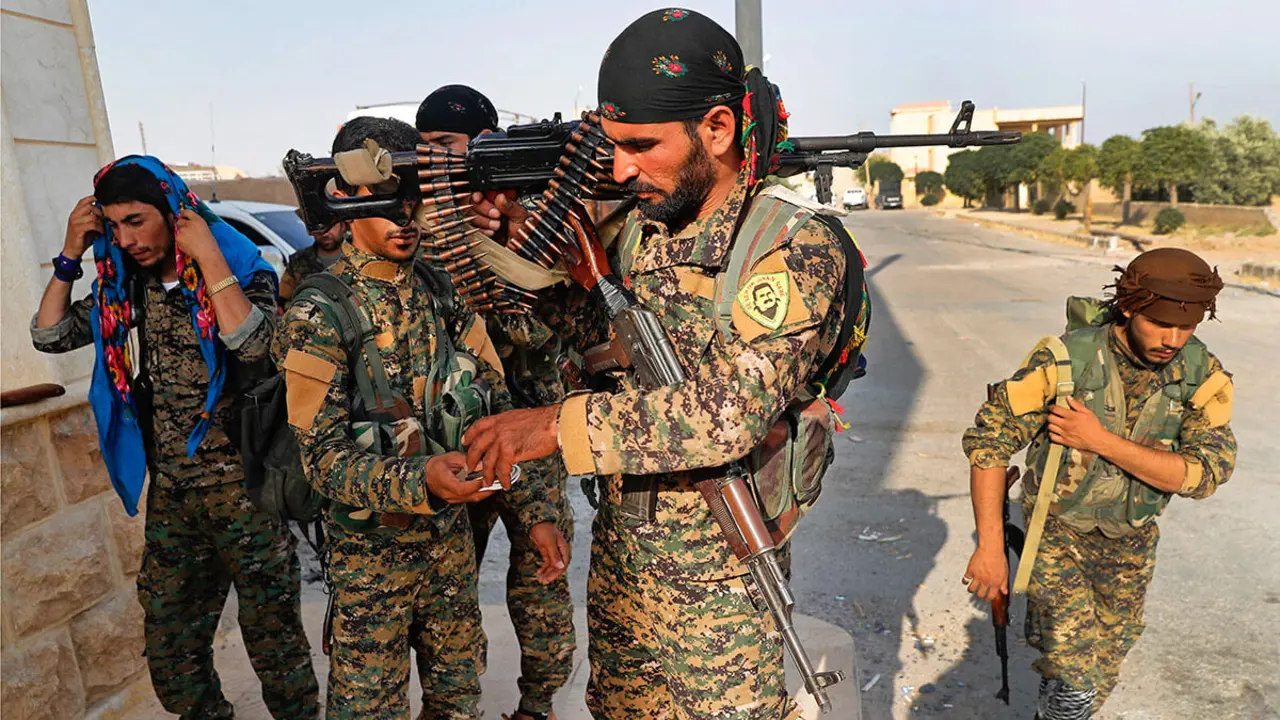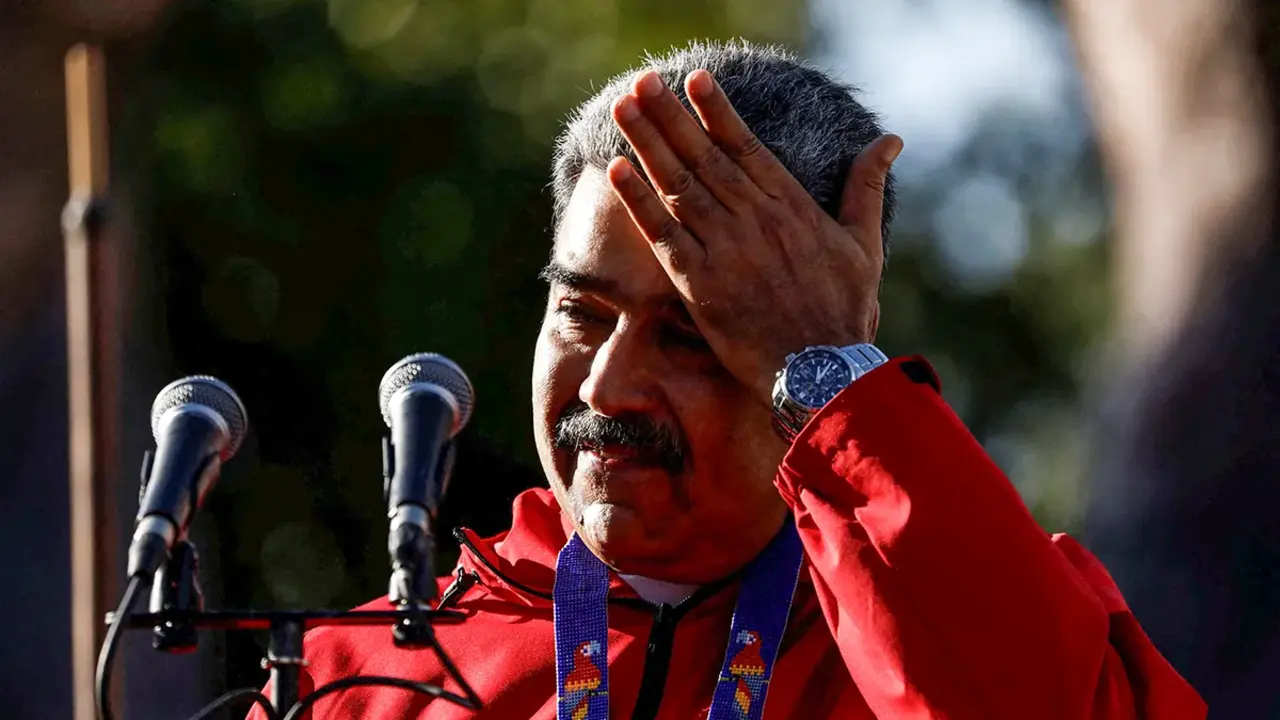Terrorism, the necessary step
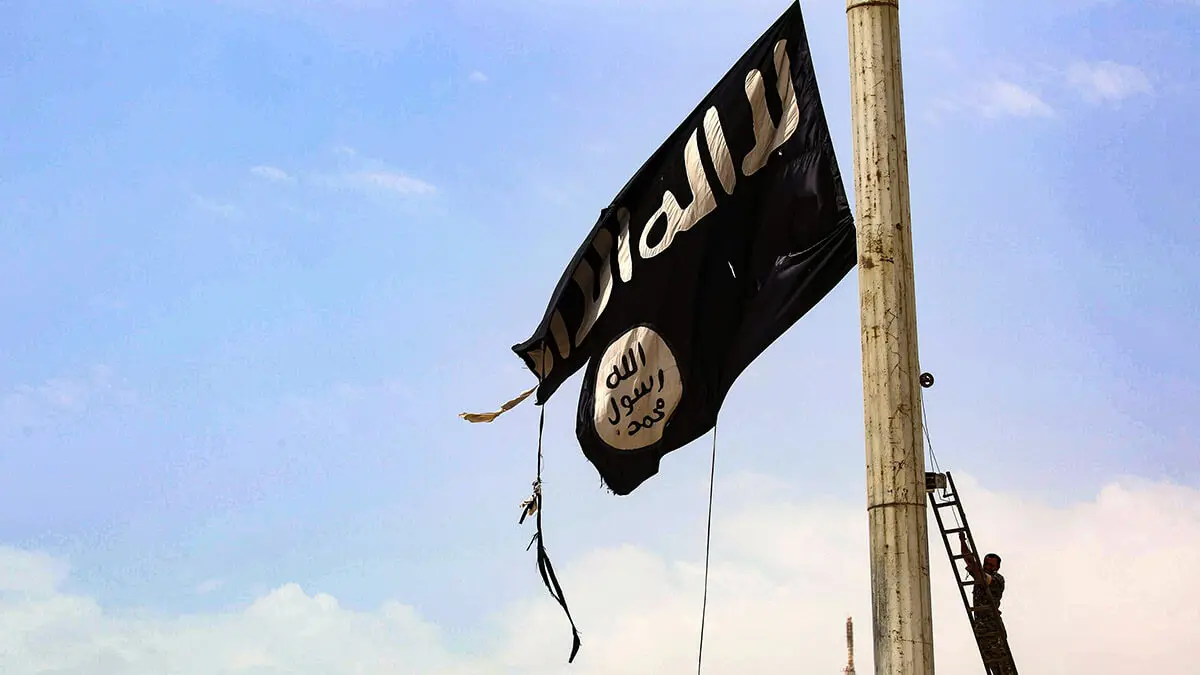
As we have mentioned on several occasions, and as is clearly reflected in the book "Global Terror", the terrorist phenomenon is not something new in the history of humanity. Perhaps, our society and narcissistic personality of 21st century men, of a species that has reached the highest levels of its evolution in the last three centuries, responsible for unprecedented technological development, and with capabilities of all kinds that until recently were unimaginable, has led us to fix our gaze on our own navel and to think that everything that happens around us is new. Although terrorist movements have been present and active throughout history, the real interest in the phenomenon from a journalistic, social and academic point of view is relatively recent, and the main reason is none other than the huge increase in terrorist activities since about the middle of the last century in Western countries. Only when we really felt the threat in our own streets did terrorism become an object of study and concern, something that multiplied exponentially with the emergence of the so-called "Fourth Wave of Terrorism" or "Religious Terrorism", by David Rapoport, and more specifically of jihadist terrorism, with the attacks on the twin towers, as a central and iconic event.
Since terrorism has taken centre stage as an attractive subject of analysis for sociologists, the bibliography on the subject has grown to such an extent that it is literally impossible to digest all the information available. The subject has been approached from almost every conceivable angle. There have been studies of terrorist organisations, research into the personalities of the members of these organisations, their tactics and specific incidents. Some authors have approached the subject from a historical perspective, while others focus on political, psychological or sociological aspects. There are books and articles on the behavioural aspects of the problem, as well as on the implications of terrorist acts in national and international law.
Even today, one of the main problems lies in defining what terrorism is, and this diatribe takes on a unique importance in the current times.
Although the use of terror as a tool has existed both by organisations and states, as we have already pointed out since the beginning of human history, arriving at a comprehensive and definitive definition of the word "terrorism" has proved to be a virtually impossible task. The reason is that the terms related to terrorism are constantly changing depending on which side of the ideological spectrum one looks at them. Even so, various sources of reference have tried to define the term from different points of view, although none has achieved the necessary consensus. One example is expressed by John Richard Thackrah, who in the "Encyclopedia of Terrorism and Political Violence" (1987), states that "terrorism has neither a precise nor a widely acceptable definition. The imprecise nature of the term means that it can be applied to almost any set of fear-producing actions to serve a variety of purposes...political sociologists argue that no definition can be arrived at because the very process of definition is part of the broader contestation of ideologies or political objectives".
Another reference worth considering is George Rosie's "Directory of International Terrorism" (1987). Although this work is a directory, the introduction includes a detailed definition of terrorism, as well as information on the history of modern terrorism, categories of terrorism, international terrorism and the role of the international media, the link between terrorism and arms development, terrorist states and the rule of law, and other related factors and elements. The sole intention is to shed light on a scourge on which there has so far been no consensus. And this is probably the most worrying, as it indicates the inclination of many international actors to keep this card up their sleeve and use it when it suits them best, justifying it on the grounds that it "does not fit the definition of the phenomenon", which is obvious because there is no agreed definition.
We consider the following example to be most illustrative.

On 3 February 2005, during an interview on Al-Jazeera television, Syrian Information Minister Mahdi Dakhlallah did not mince his words.
Reacting to US labels of his state as a sponsor of terrorism, he rejected what he called a "selective definition" of terrorism. Praising the US pursuit of "freedom and democracy", he insisted that "freedoms cannot be exported in tanks or planes or promoted through murder and destruction".
Paradoxically, in a post-9/11 world where there is an unprecedented joint international response to counter-terrorism, there is still no universal, permanent and global definition of terrorism.
The tension and discrepancies that occur between the common universal condemnation of terrorism and the conflicting particular definitions of the term are, oddly enough, of considerable theoretical and practical importance. In the aftermath of the 9/11 attacks in the United States, a united front against terrorism was spearheaded by a combination of police, political and military action, as well as a general commitment domestically initially, and subsequently internationally, to prevent future attacks, mainly, it must be said, on US soil. It was not long before the United Nations, among other bodies, pointed out the danger of violating international law and fundamental freedoms in the course of an unprecedented "war" against terrorism.
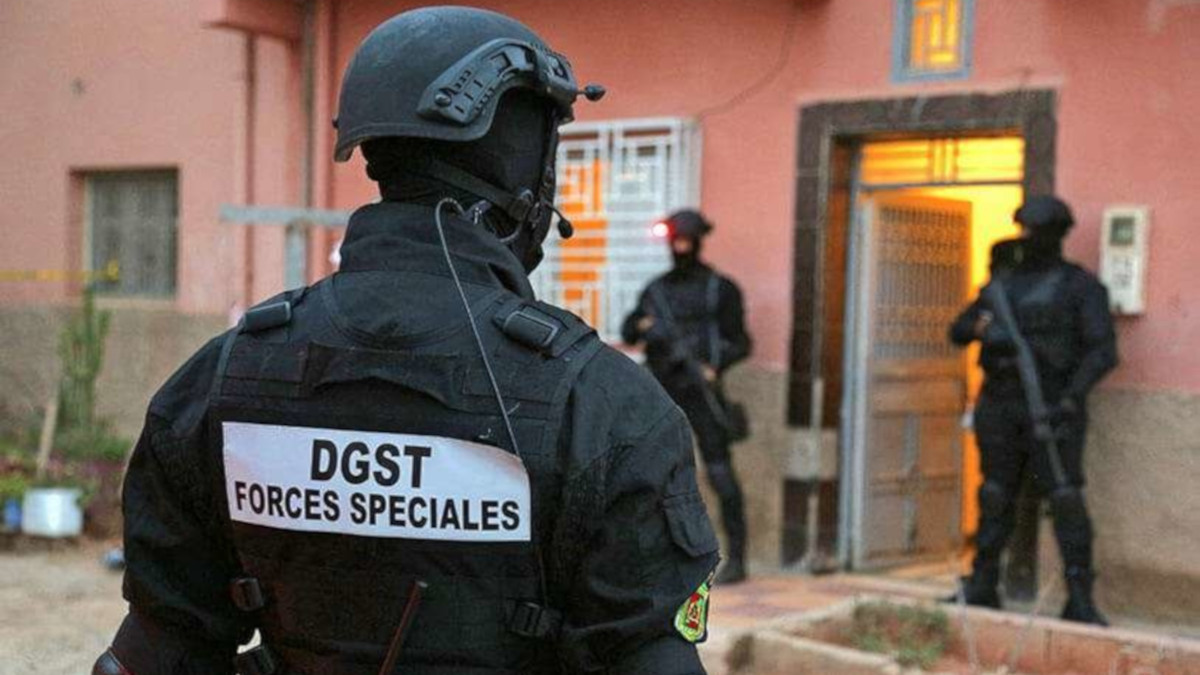
In addition to the interest at the international relations level, there is a notable interest, mainly legal, in defining terrorism, as it violates the values enshrined in the UN Charter and other international norms, such as respect for human rights, the rule of law, the rules and customs of war that protect civilians, tolerance and the peaceful resolution of conflicts. And this lack of definition also at the legal level causes many problems when it comes to dealing with issues such as the extradition of suspected terrorists or the prosecution of perpetrators of terrorist acts, because what is classified as such in one country is classified as something completely different in another. And this is something that happens between allied nations and within supranational institutions, as we have unfortunately seen in Spain.
Still at the level of the United Nations, which is where one would expect the basic parameters to be established to define and fight this threat from which no one is safe, the bodies and groups dealing specifically with this issue have not been able to develop a global strategy to fight terrorism, mainly because of the limitations imposed by the inability of member states to agree on an anti-terrorist convention that includes a definition of terrorism. This obviously further undermines the UN's already questionable standing, prestige and credibility. And the conclusion, when going into detail, is even more serious, as the UN itself has been unable to send an unequivocal message condemning terrorism, with all the implications that this entails.
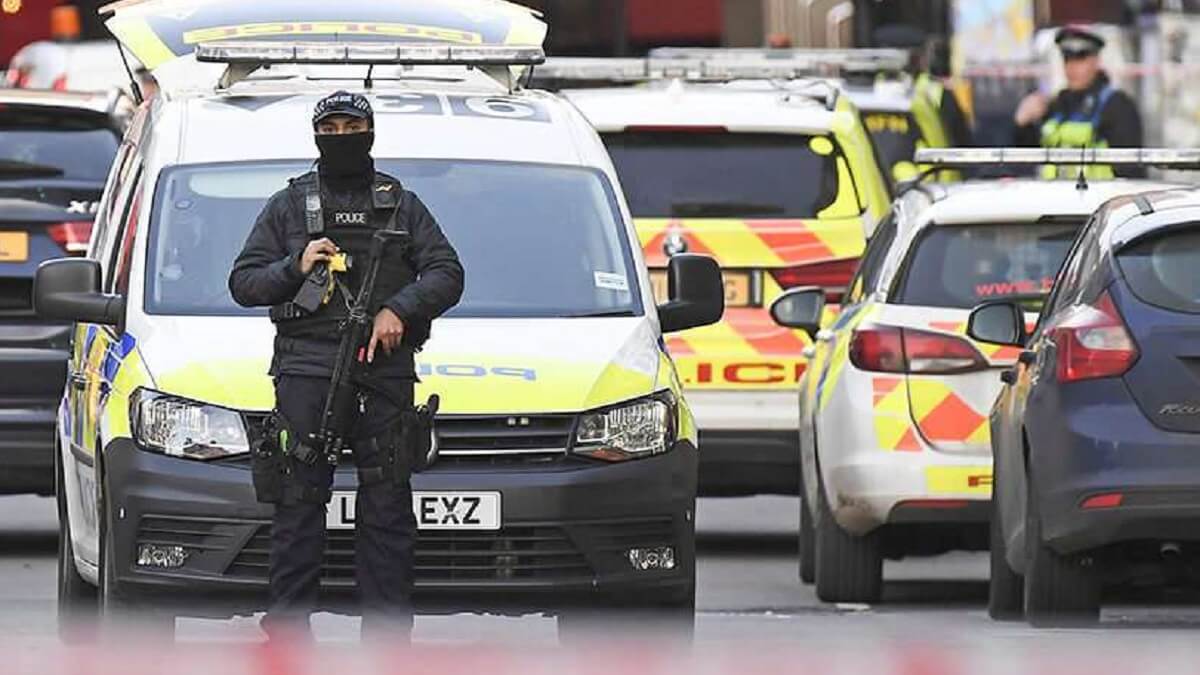
For this reason, and in view of the evolution of events, it is more necessary than ever to make progress in this field, because no matter how much research, analysis, scenario definition or prospective work is carried out, if a minimum consensus on the phenomenon is not achieved, it will never be possible to make progress in the fight against it. And this is a task that concerns us all, over and above personal, party or national interests. We have the wolf at our doorstep and it seems that there are still those who try to tame it so that it will act in their favour, and that is always a crass mistake, to paraphrase the well-known fable of the frog and the scorpion, "it is its nature". To paraphrase the well-known fable of the frog and the scorpion, "it is their nature".


